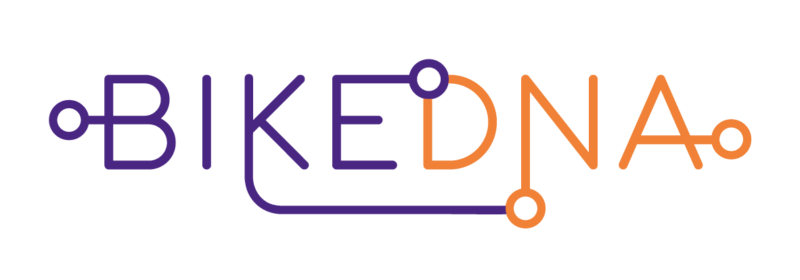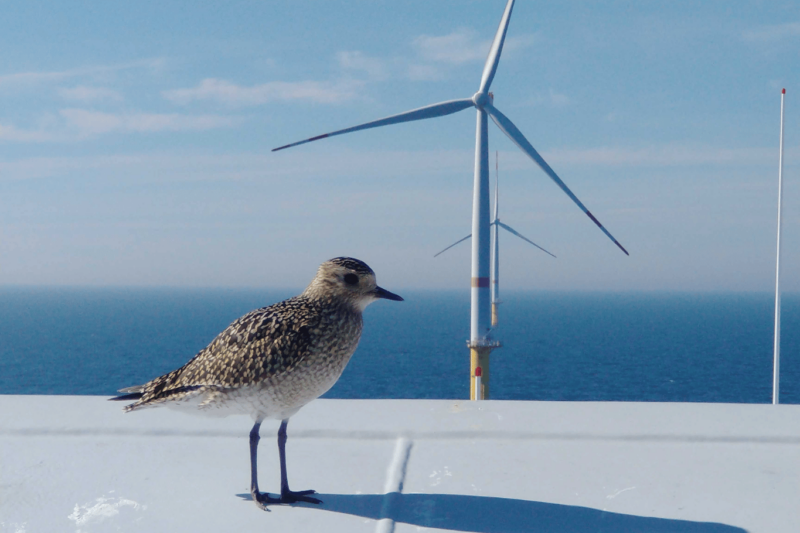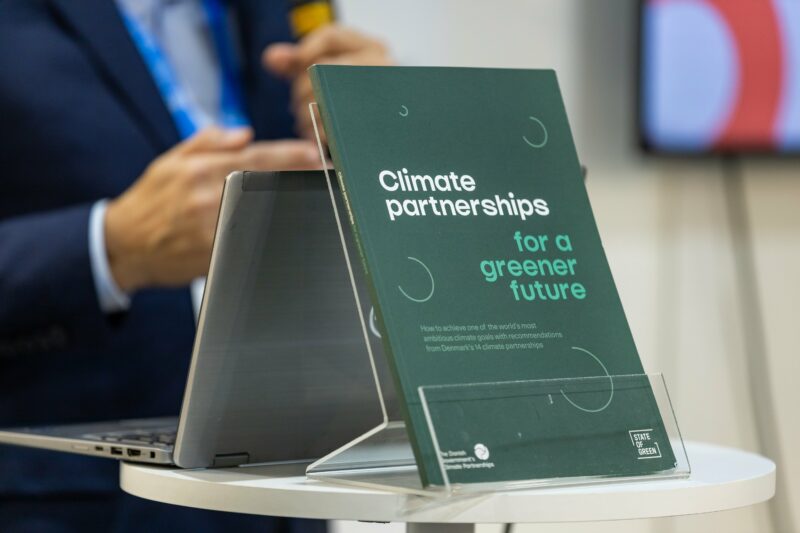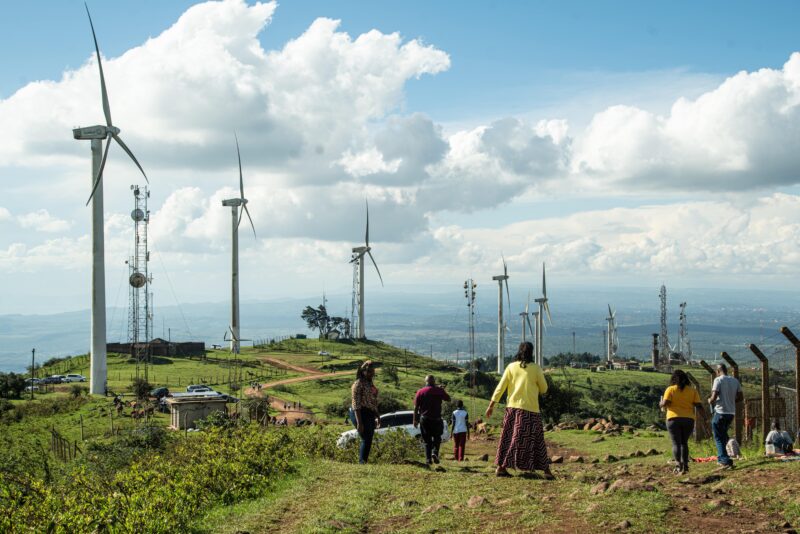Perspective
Partnerships for a swift and global application of renewable fuels

Photo credit: Maersk

Shipping accounts for nearly 3 percent of worldwide greenhouse gas emissions. As demand for global freight increases, maritime trade volumes are set to triple by 2050, thus heightening the pressure to chart the course for more efficient and sustainable sea transport. Turning the tide against ships that pollute both sea and air, the Danish adventure on green hydrogen has already left the harbour.
Today, nearly all hydrogen production is based on fossil fuels such as coal (brown hydrogen) or natural gas (grey hydrogen). Using renewables instead of fossils to produce fuel contributes to significant emission reductions. In Denmark, the focus is on producing hydrogen and hydrogen derivatives using only renewable energy, making Danish hydrogen exclusively green. Comprising a merchant fleet of 760 vessels as of January 2023, the Danish shipping industry is a key off-taker and industry partner in establishing a global hydrogen market that supports the national commitment to decarbonise hard-to-electrify sectors.
Public-private partnerships to move clean energy solutions from lab to market
Alongside the United States, Norway, Global Maritime Forum, and Mærsk Mc-Kinney Møller Center for Zero Carbon Shipping, Denmark is co-leading the ZeroEmission Shipping Mission, accelerating public and private efforts around the world to make a zero-emission fleet a reality by 2030. The mission aims to develop, demonstrate, and deploy zero-emission fuels, ships, and fuel infrastructure in a coordinated fashion along the full value chain, with tangible targets:
- By 2030, ships capable of running on hydrogen-based zero-emission fuels, such as green hydrogen, green ammonia, green ethanol, and biofuels, should make up at least 5 percent of the global deep-sea fleet measured by fuel consumption.
- By 2030, at least 200 of these well-to-wake zero emission fuelled ships should be in service and utilising these fuels across their main deep sea shipping routes.
Indicating the design of the future fleet, Laura Mærsk docked in the Port of Copenhagen in September 2023 after her maiden voyage on green methanol. Sailing under Danish flag, the world’s first methanol-powered container ship symbolises the entrepreneurial spirit that has characterised Maersk and Danish shipowners for decades.
Built as a dual fuel container feeder ship in Hyundai Mipo Dockyard in South Korea, Laura Mærsk is a proof point that when an industry unites through determined efforts and partnerships, tangible solutions toward net zero emerge.
You should consider reading
solutions
Urban infrastructure planning
+2















